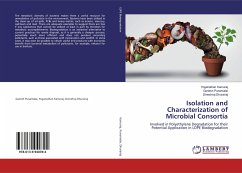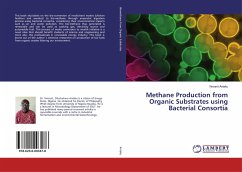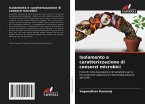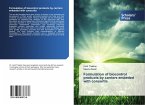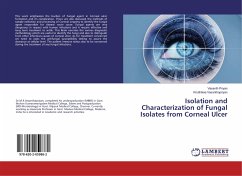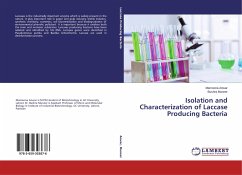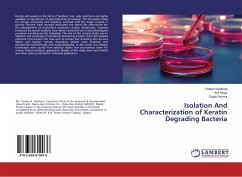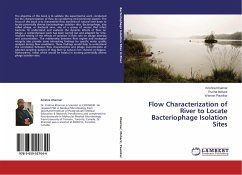The metabolic diversity of bacteria makes them a useful resource for remediation of pollution in the environment. Bacteria have been utilised in the clean-up of oil spills, PCBs and heavy metals, such as arsenic, mercury, cadmium and lead. There are adequate examples to suggest there are few if any substances that cannot be utilised at least in part by microbes for metabolic accomplishments. Biodegradation is an attractive alternative to current practices for waste disposal, as it is generally a cheaper process, potentially much more efficient and does not produce secondary pollutants, such as those associated with incineration and landfill. In some cases, it may even be possible to obtain useful end products with economic benefit from bacterial metabolism of pollutants, for example, ethanol for use in biofuels.
Bitte wählen Sie Ihr Anliegen aus.
Rechnungen
Retourenschein anfordern
Bestellstatus
Storno

